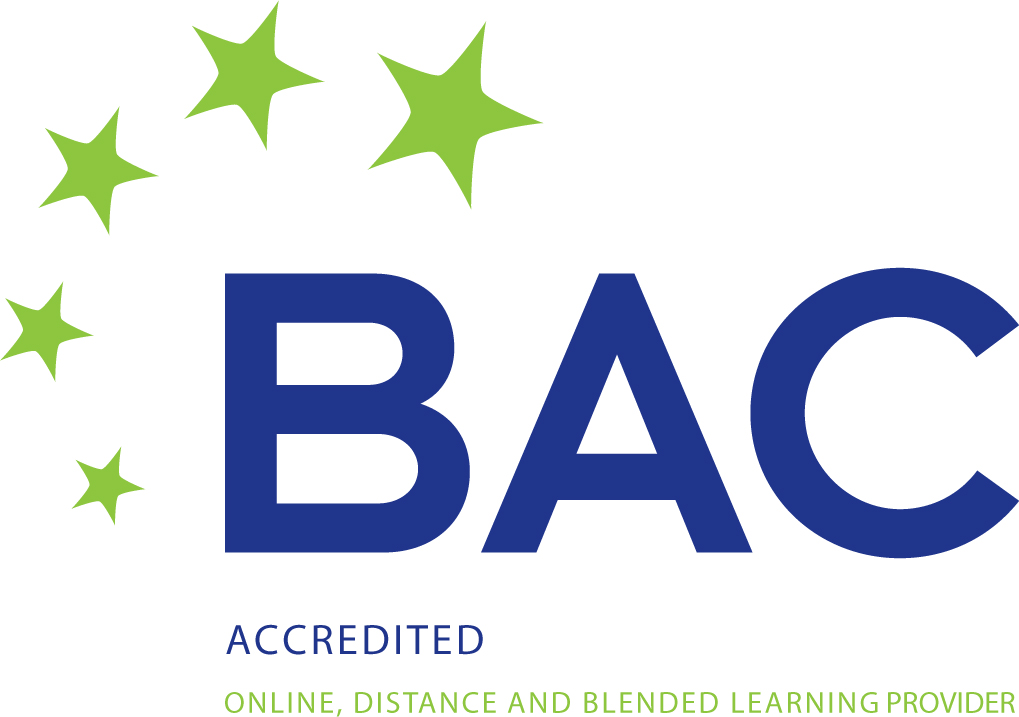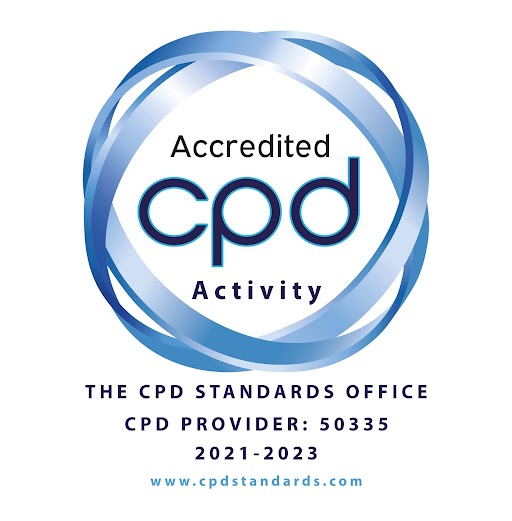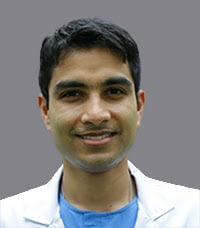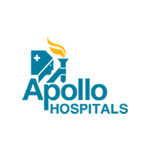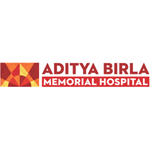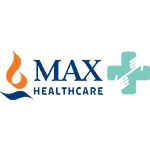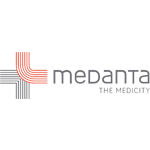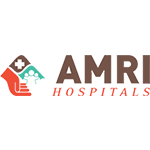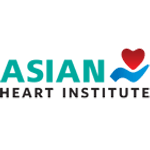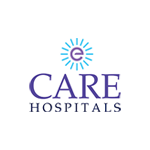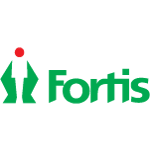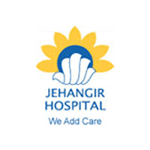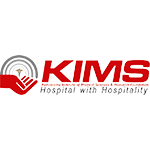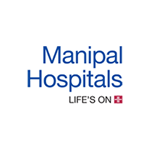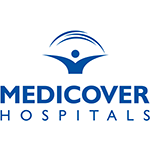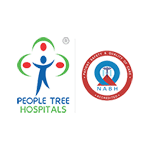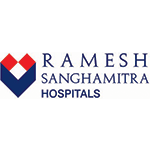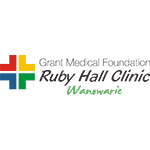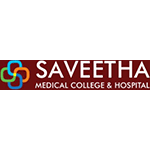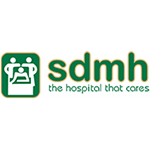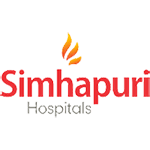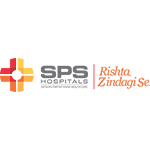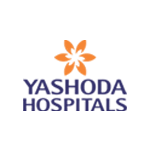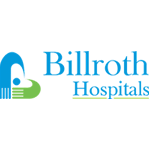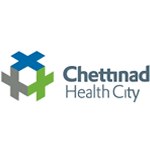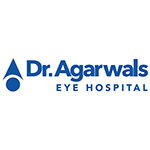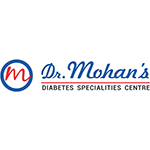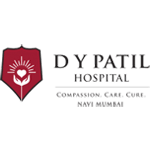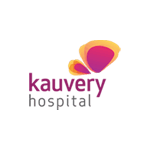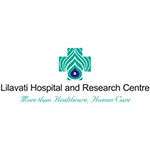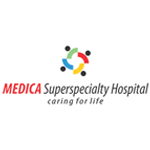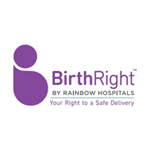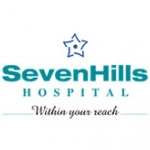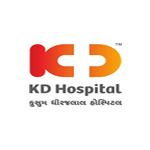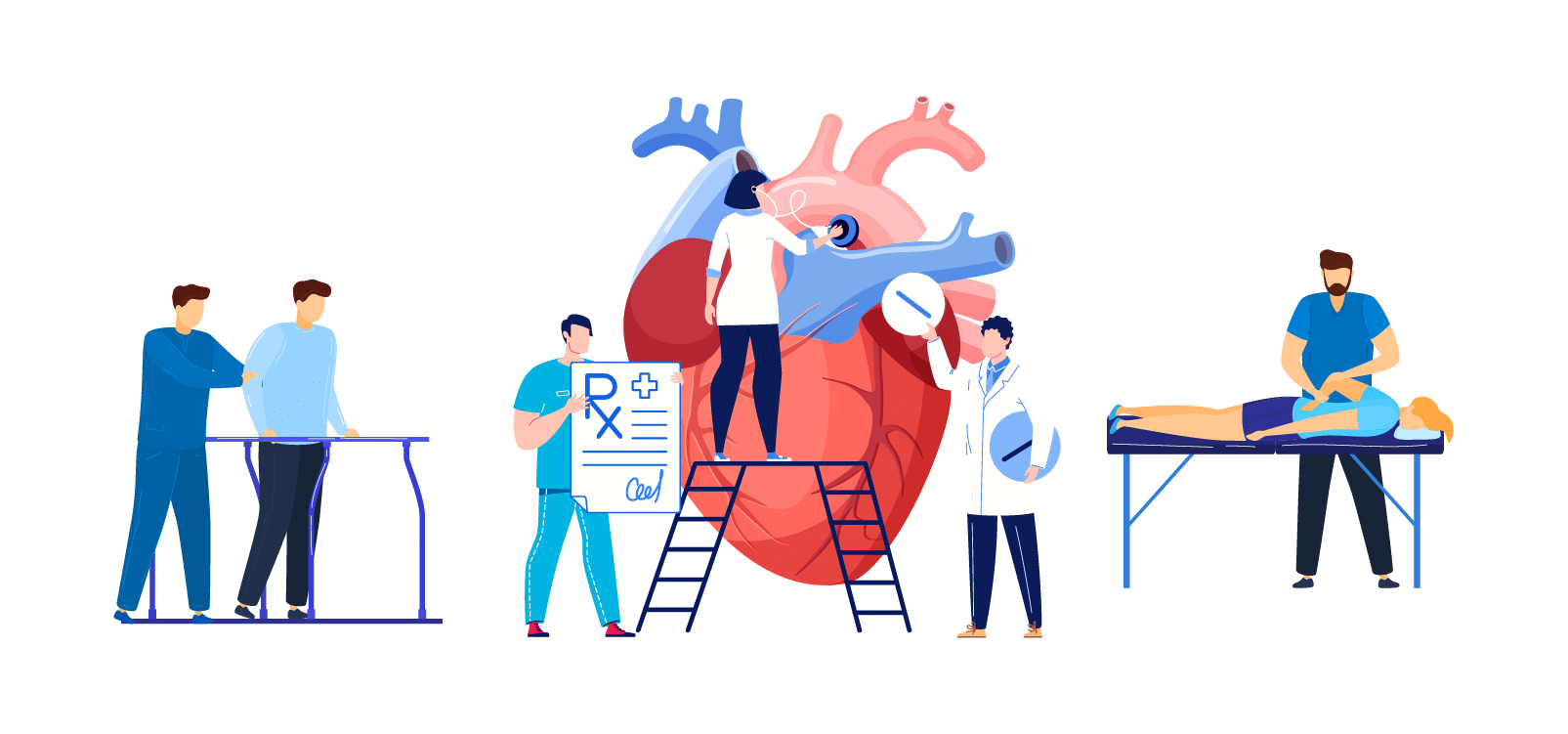
Fellowship in Cardiac Rehabilitation
8857- Valuable knowledge shared by top cardiologists
- Real-life case studies provide practical application of concepts
- Learn how to interpret exercise testing results and design effective exercise programs
 Fellowship in Cardiac Rehabilitation
Fellowship in Cardiac Rehabilitation
Key Features
-
 Valuable knowledge shared by top cardiologists
Valuable knowledge shared by top cardiologists -
 Real-life case studies provide practical application of concepts
Real-life case studies provide practical application of concepts -
 Learn how to interpret exercise testing results and design effective exercise programs
Learn how to interpret exercise testing results and design effective exercise programs
- Course Duration 6 months
- Next Batch Date
31st Jul 2024
Enquire Now
Course Description
Cardiac Rehabilitation is now widely recognized as an essential component of comprehensive care for patients with cardiovascular disease. It offers a multidisciplinary approach that includes exercise programs aimed at reducing morbidity and mortality risks. As the number of cardiac disease survivors continues to rise, along with an aging population, there is a growing need for therapists who possess the knowledge and skills required to provide effective rehabilitation and enhance the quality of life for these patients.
The Fellowship in Cardiac Rehabilitation course is specifically designed to allow healthcare professionals to continue their clinical practice while expanding their understanding of the various components of cardiac rehabilitation. This course utilizes an easy-to-follow teaching algorithm, incorporating multiple visual aids, case presentations, and interactive elements. Through this approach, participants will gain a comprehensive understanding of the latest evidence-based exercise testing and prescription guidelines, optimal exercise protocols, behavioral change strategies, lifestyle approaches, medical management, and risk factor modifications.
Developed by Medvarsity, the Fellowship in Cardiac Rehabilitation course is a structured program that covers the key components of cardiac rehabilitation. It emphasizes the importance of physical activity and exercise in improving mood and reducing risk factors. Participants will also receive education on balanced nutrition and lifestyle modifications, addressing the needs of different age groups and individuals with comorbidities. Furthermore, the course highlights the significance of counseling and addresses the psychosocial factors that can impact overall health and well-being.
The Medvarsity learning design framework, which includes the Certificate, Advanced Certificate, and Fellowship based on Kirkpatrick’s model of e-learning. This framework ensures systematic consumption and application of course content, enabling participants to integrate their learnings effectively into their clinical practice.
At Medvarsity, our mission is to empower healthcare professionals to accelerate their careers and better serve their communities. By joining the Fellowship in Cardiac Rehabilitation, you will gain the necessary skills and knowledge to provide comprehensive cardiac rehabilitation services. Together, let us make a positive impact on healthcare through education, as we strive to improve the well-being of individuals and communities affected by cardiovascular disease.
Join us at Medvarsity and embark on a transformative educational journey that will enhance your expertise and enable you to deliver exceptional care in the field of cardiac rehabilitation. Let us work together to impact healthcare and contribute to better patient outcomes and improved quality of life.
Course Validity: 7 months. There will be an extra charge for the extension of the course validity.
*Statutory taxes and levies not included. Taxes will be applied on checkout. Rates may vary based on management discretion.
Course Outline
Introduction to Cardiac Rehabilitation
-
- Heart and Circulatory System
- Common Cardiac Disorders
- Coronary Artery Disease
- Valvular Heart Disease
- Valve Replacement
Risk Stratification
-
- Functional Capacity
- Psychosocial Status and Patient Education
Chest Physiology and Physiotherapy
-
- Evaluation of the Chest, Breathing Exercises, Exercises to Mobilize the Chest
- Coughing
- Postural Drainage
Physical Activity and Heart Diseases
-
- Physical activity and Fitness
- Musculoskeletal Fitness
- Exercise Physiology
- Bioenergetics of Exercise
- Neuromuscular System
- Benefits of Exercise
Phases in Cardiac Rehabilitation
-
- Introduction, Importance, Indications, and Evidence-Based Cardiac Rehabilitation
Role of Exercise in Cardiac Rehabilitation
-
- Exercise Intolerance, Exercise Testing Devices
- Exercise Protocols
- Exercise Testing in Chronic Heart Failure
- Coronary Heart Disease and Valvular Heart Disease
Cardiac Nutrition
-
- Nutritional Lifestyle Counselling and Dietary Intake in Heart Disease
- Nutritional Aspects in Malnutrition, Cachexia and Frailty
Congenital Heart Disease and Rehabilitation
-
- Cardiac Rehabilitation in Children, Adolescents, and Adults with Congenital Heart Disease
Cardiac Rehabilitation in Elderly Patients
-
- Benefits of Cardiac Rehabilitation in the Elderly
Cardiac Rehabilitation in Low-Risk Patients
-
- Assessment of Low-Risk Patients
- Prescription for Aerobic Endurance and Dynamic Resistance Training
- Precautions and Safety in Exercise Training for low-risk Patients
Cardiac Rehabilitation in Specific Cases
-
- Cardiac Rehabilitation after Cardiac Surgery
- Cardiac Rehabilitation after Angina Pectoris and Acute Myocardial
- Infarction
- CR in Heart Failure Patients with Implanted Devices
Cardiac Rehabilitation in Comorbidities
-
- Lipid and Weight Management
- Cardiac Rehabilitation in Hypertension
- Cardiac Rehabilitation in Diabetes Mellitus
- Cardiac Rehabilitation in Pulmonary related issues
- Cardiac Rehabilitation in Peripheral Arterial Disease
- Cardiac Rehabilitation in Arthritis
Psychosocial Rehabilitation of Cardiac Rehabilitation
-
- Importance of Counselling and Recommendations for Healthy Recovery
Course Outline
- Heart and Circulatory System
- Common Cardiac Disorders
- Coronary Artery Disease
- Valvular Heart Disease
- Valve Replacement
- Functional Capacity
- Psychosocial Status and Patient Education
- Evaluation of the Chest, Breathing Exercises, Exercises to Mobilize the Chest
- Coughing
- Postural Drainage
- Physical activity and Fitness
- Musculoskeletal Fitness
- Exercise Physiology
- Bioenergetics of Exercise
- Neuromuscular System
- Benefits of Exercise
- Introduction, Importance, Indications, and Evidence-Based Cardiac Rehabilitation
- Exercise Intolerance, Exercise Testing Devices
- Exercise Protocols
- Exercise Testing in Chronic Heart Failure
- Coronary Heart Disease and Valvular Heart Disease
- Nutritional Lifestyle Counselling and Dietary Intake in Heart Disease
- Nutritional Aspects in Malnutrition, Cachexia and Frailty
- Cardiac Rehabilitation in Children, Adolescents, and Adults with Congenital Heart Disease
- Benefits of Cardiac Rehabilitation in the Elderly
- Assessment of Low-Risk Patients
- Prescription for Aerobic Endurance and Dynamic Resistance Training
- Precautions and Safety in Exercise Training for low-risk Patients
- Cardiac Rehabilitation after Cardiac Surgery
- Cardiac Rehabilitation after Angina Pectoris and Acute Myocardial
- Infarction
- CR in Heart Failure Patients with Implanted Devices
- Lipid and Weight Management
- Cardiac Rehabilitation in Hypertension
- Cardiac Rehabilitation in Diabetes Mellitus
- Cardiac Rehabilitation in Pulmonary related issues
- Cardiac Rehabilitation in Peripheral Arterial Disease
- Cardiac Rehabilitation in Arthritis
- Importance of Counselling and Recommendations for Healthy Recovery
Accreditation Partner(s)
FAQs
The Medical Council of India does not recognize programs that are taught using online or hybrid delivery systems. However, we provide top-notch, cutting-edge learning materials thanks to our partnerships with well-known industry experts, with the aim of arming you with the necessary knowledge and abilities for patient care throughout the course.
The Fellowship in Cardiac Rehabilitation program is open to application for various eligible candidates, including Physicians (MBBS, AYUSH), as well as final-year medical graduates and interns (MBBS and AYUSH).
To access the course material, visit kite.medvarsity and log in using the provided credentials. You can also use your Google account login (if specified in the application) by clicking ‘LOG IN USING YOUR ACCOUNT ON Google’ and entering your Gmail ID and password. If you don’t have login details, reach out to us at [email protected] and provide your registered email ID.
For any issues, please refer to support.medvarsity and follow the instructions given.
There are two ways to obtain the course materials online. To begin, log in to “kite.medvarsity” using the login credentials provided – login ID and password. You can use “LOG IN USING YOUR ACCOUNT ON GOOGLE” and enter your Email ID: Password & Gmail ID (Only if Gmail ID is given in the Application).
If you do not know your login ID or password, please contact us at [email protected] using your registered email address.
If you have any problems opening or accessing the course, you may get help by visiting the support page at support.medvarsity and following the instructions.
Course assessments are conducted at various intervals, with each chapter ending in a multiple-choice quiz. You will have three attempts to clear the quiz at each level. If you are unable to pass the final assessment in three attempts, you may need to pay re-activation fees. For any concerns about the quiz questions or answers, please contact us at “[email protected].”
Upon completing the course with a minimum score of 60% in the final assessment, you will receive a course certificate from Medvarsity.
This certificate will include your name, the course name, and the completion date, which will be generated in your account. The certificate will be accessible online, allowing you to download and print it at your convenience. In case of loss, you can always download a copy from your account. If required, our team can provide a replacement certificate with valid information and proof of completion.
Medvarsity holds several accreditations, ensuring the utmost quality and credibility in medical education. Notably, all Medvarsity courses are accredited by BAC (British Accreditation Council), reflecting international recognition and commitment to excellence in healthcare education.
Additionally, the “Fellowship in Cardiac Rehabilitation” program is accredited by AHERF (Apollo Hospitals Educational and Research Foundation) and CPD (Continuing Professional Development) as well. These accreditations further endorse the program’s high standards and its alignment with industry best practices.
The “Fellowship in Cardiac Rehabilitation” course offers a comprehensive curriculum covering various topics related to cardiac rehab. It includes an introduction to cardiac rehab and an overview of the heart and circulatory system. Common cardiac disorders like coronary artery disease and valvular heart disease, risk stratification, and psychosocial evaluation are explored.
The course includes content on chest physiology, breathing exercises, and physical activity’s role in heart health. It covers different phases of rehab, exercise protocols, and testing in specific cases like chronic heart failure.
Additionally, it addresses cardiac nutrition, rehabilitation after surgery, and management of comorbidities like hypertension and diabetes. Psychosocial rehabilitation and counseling for healthy recovery are also emphasized.
The “Fellowship in Cardiac Rehabilitation program” fosters career growth by providing specialized training, increasing professional credibility, and offering networking opportunities. Participants gain expertise in cardiac rehabilitation, making them more attractive to employers and opening up new career prospects. Additionally, the program’s emphasis on continuous learning and networking helps participants build valuable connections within the industry, further enhancing their career opportunities and advancement potential.
A cardiac rehab practitioner undertakes critical responsibilities in the rehabilitation and care of patients who have experienced cardiovascular events or undergone cardiac procedures. They play a pivotal role in designing personalized rehabilitation programs, monitoring patients’ progress, guiding them through appropriate exercise regimens, imparting knowledge on heart-healthy lifestyles, and providing essential emotional support during their recovery journey. The practitioner’s ultimate objective is to enhance patients’ overall well-being, improve cardiovascular health, and ensure long-term heart wellness.
Yes, pursuing a career as a cardiac rehab practitioner can be an excellent choice. As a cardiac rehab practitioner, you have the opportunity to make a positive impact on the lives of patients with cardiovascular conditions. Your role involves providing crucial support, designing personalized rehabilitation plans, and promoting heart-healthy lifestyles, which aids in patients’ recovery and enhances their cardiovascular health.
The field of cardiac rehabilitation is witnessing continuous growth, leading to rising demand for specialized professionals in healthcare settings. This presents promising prospects for a fulfilling and stable career, with opportunities for professional growth and advancement. If you have a passion for cardiac care and wish to contribute to improving patients’ well-being, choosing to be a cardiac rehab practitioner can be a highly rewarding and meaningful career path.
Upon successfully completing the Fellowship in Cardiac Rehabilitation course, you can explore a wide range of promising career opportunities. You become qualified to work as a specialized cardiac rehab practitioner in various healthcare institutions, hospitals, rehabilitation centers, and private clinics.
Additionally, you may find opportunities for research and academic positions in esteemed institutions. The demand for cardiac rehab specialists is on the rise due to the growing importance of cardiac care and rehabilitation. With this certification, you can pursue a rewarding and fulfilling career, making a significant impact on the lives of patients with cardiovascular conditions while contributing to the advancement of this essential field in the healthcare industry.
Faculty
Reviewers
Dr. N. Kapil Chand Narra
MPTh /MPT- Chief Consultant Physiotherapist
Dr. N. Kapil Chand Narra is the Chief Consultant Orthopedic and Sports Physiotherapist and Founding Director of Jaya Physio Clinics in Hyderabad. In addition to being a CERTIFIED CHIROPRACTOR, he is also an Osteopath and Acupuncturist.
Dr. Mahimankanni Singh
Master in Physiotherapy (BPT, MPT, PGDM)
Consultant – Physiotherapy
Dr. Mahimankanni Singh (BPT, MPT, PGDM) with nearly 9 years of clinical experience, is currently heading the Dept. of Physiotherapy at Alexis Multispecialty Hospital, Nagpur since 2017.
Next Batch Start Date 2nd Mar 2026
Course Duration
6 monthsEnquire Now
Faculty
Reviewers
Dr. N. Kapil Chand Narra
MPTh /MPT- Chief Consultant Physiotherapist
Dr. N. Kapil Chand Narra is the Chief Consultant Orthopedic and Sports Physiotherapist and Founding Director of Jaya Physio Clinics in Hyderabad. In addition to being a CERTIFIED CHIROPRACTOR, he is also an Osteopath and Acupuncturist.
Dr. Mahimankanni Singh
Master in Physiotherapy (BPT, MPT, PGDM)
Consultant – Physiotherapy
Dr. Mahimankanni Singh (BPT, MPT, PGDM) with nearly 9 years of clinical experience, is currently heading the Dept. of Physiotherapy at Alexis Multispecialty Hospital, Nagpur since 2017.


